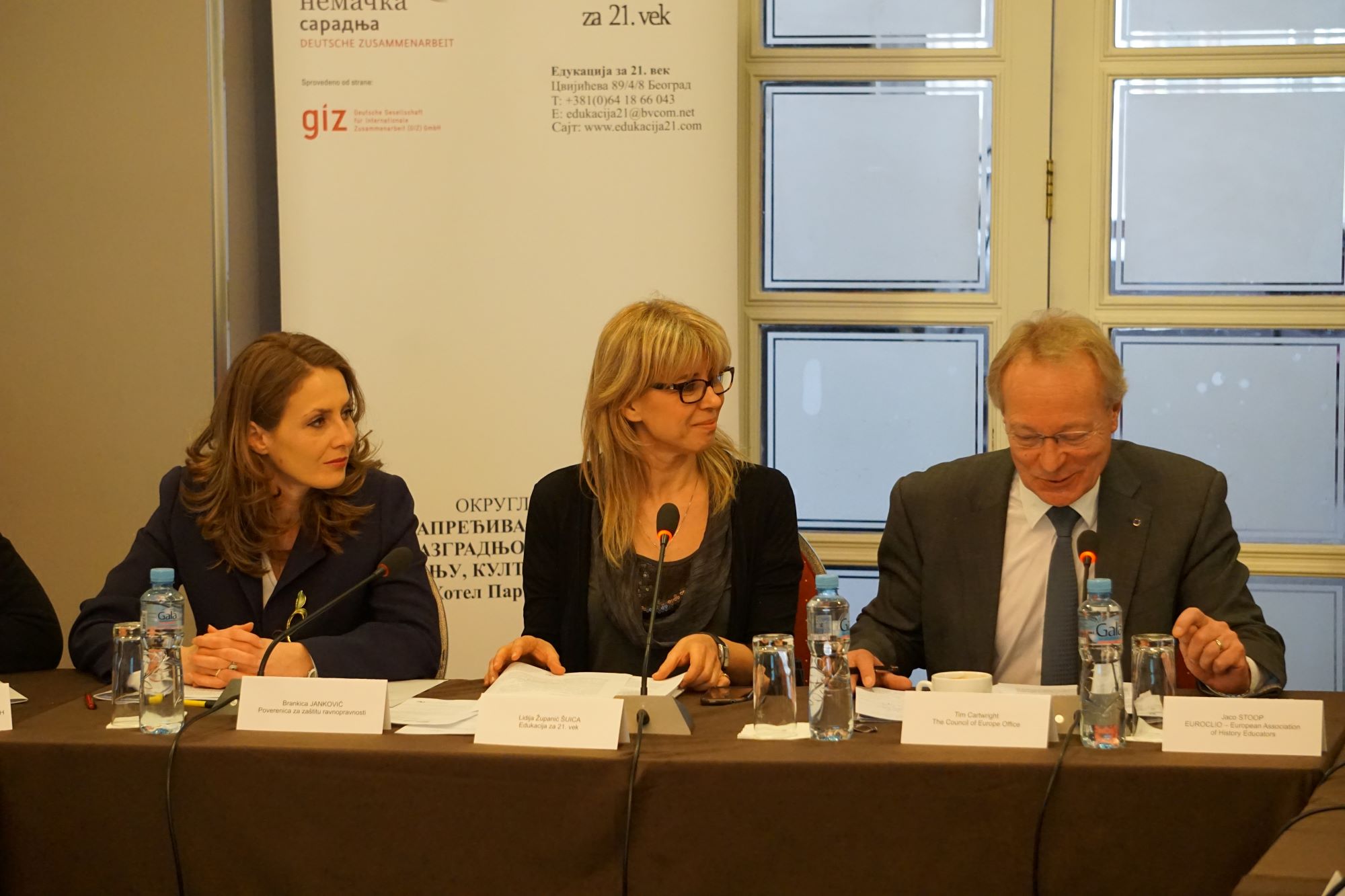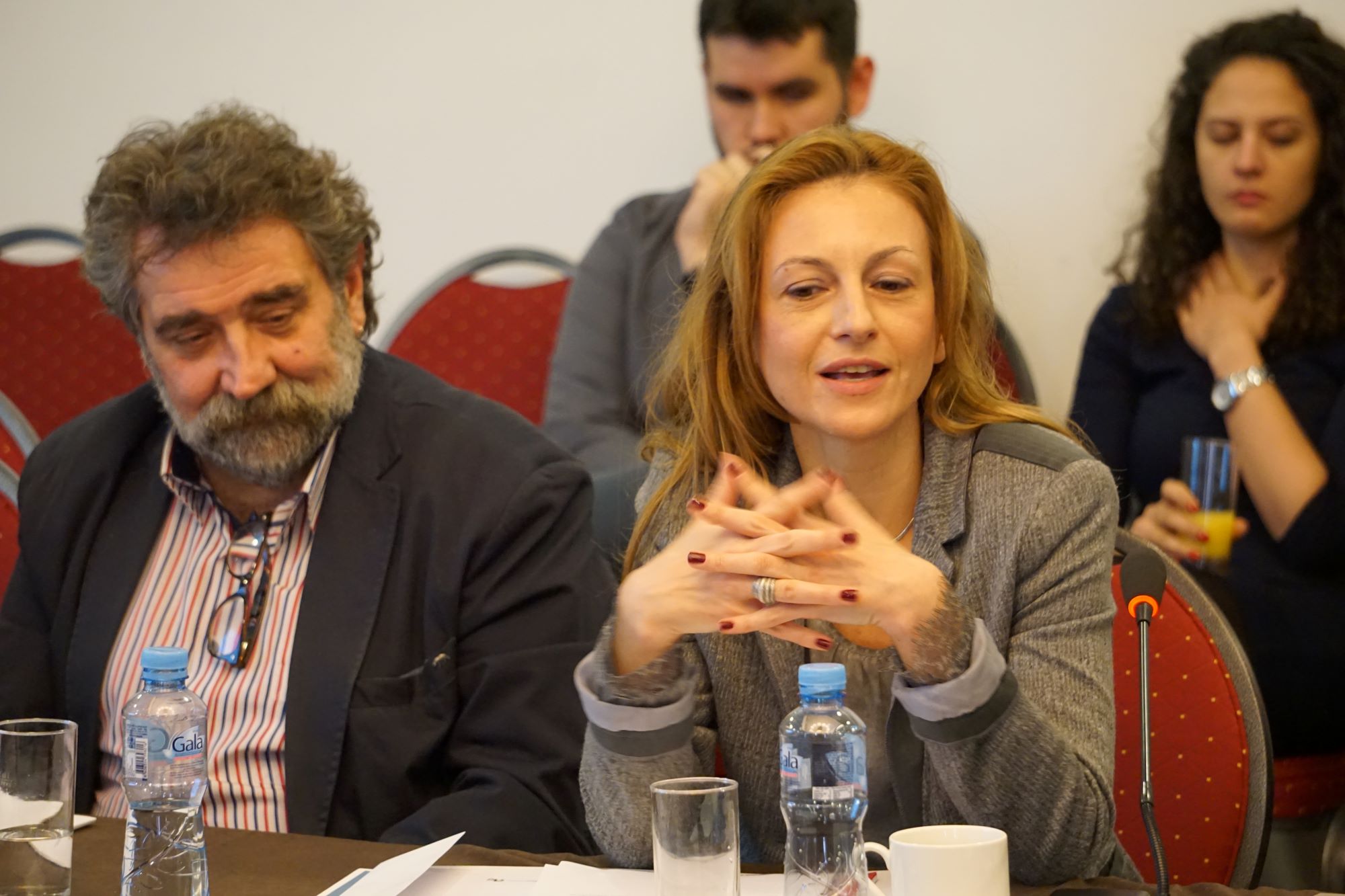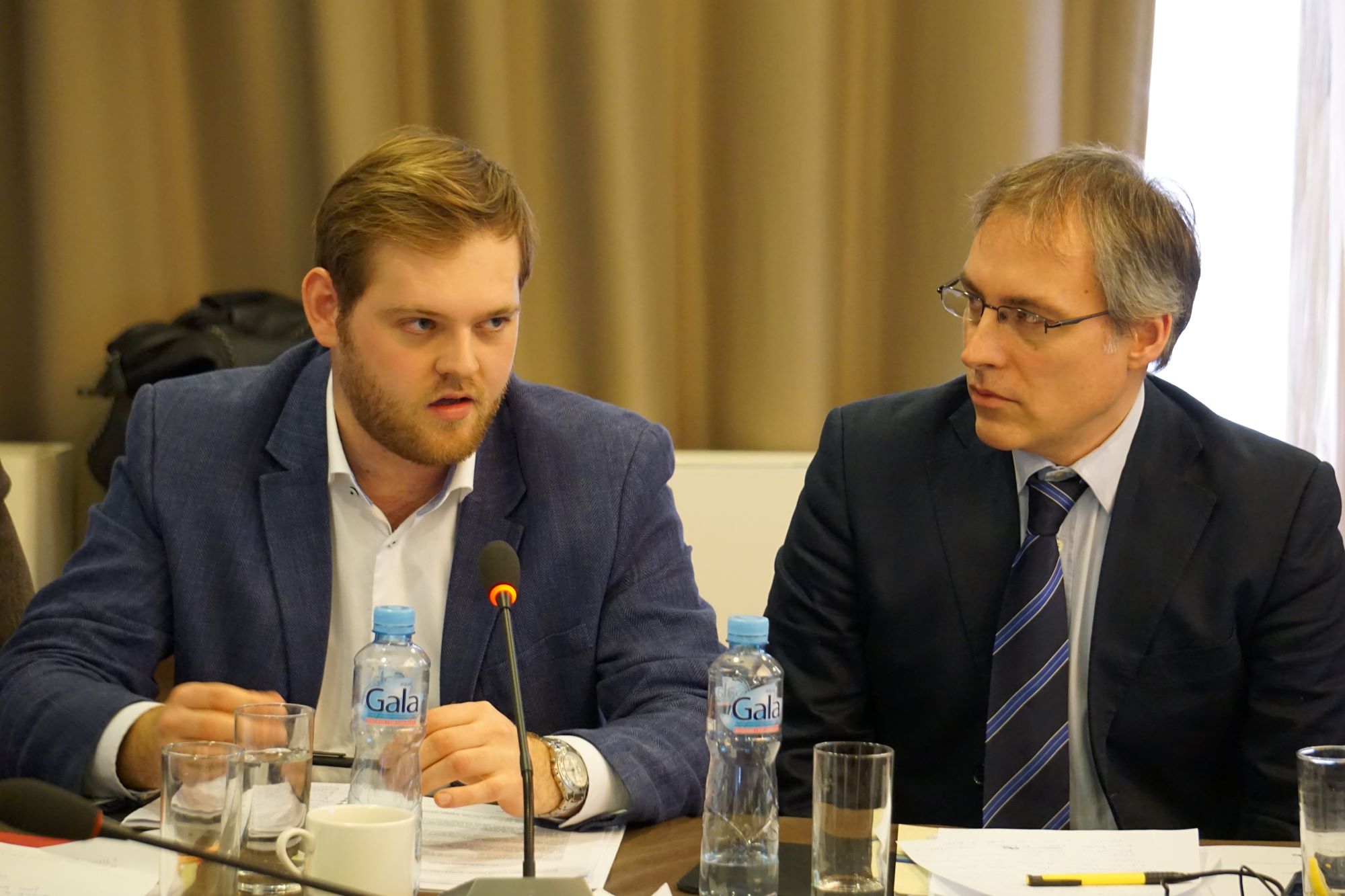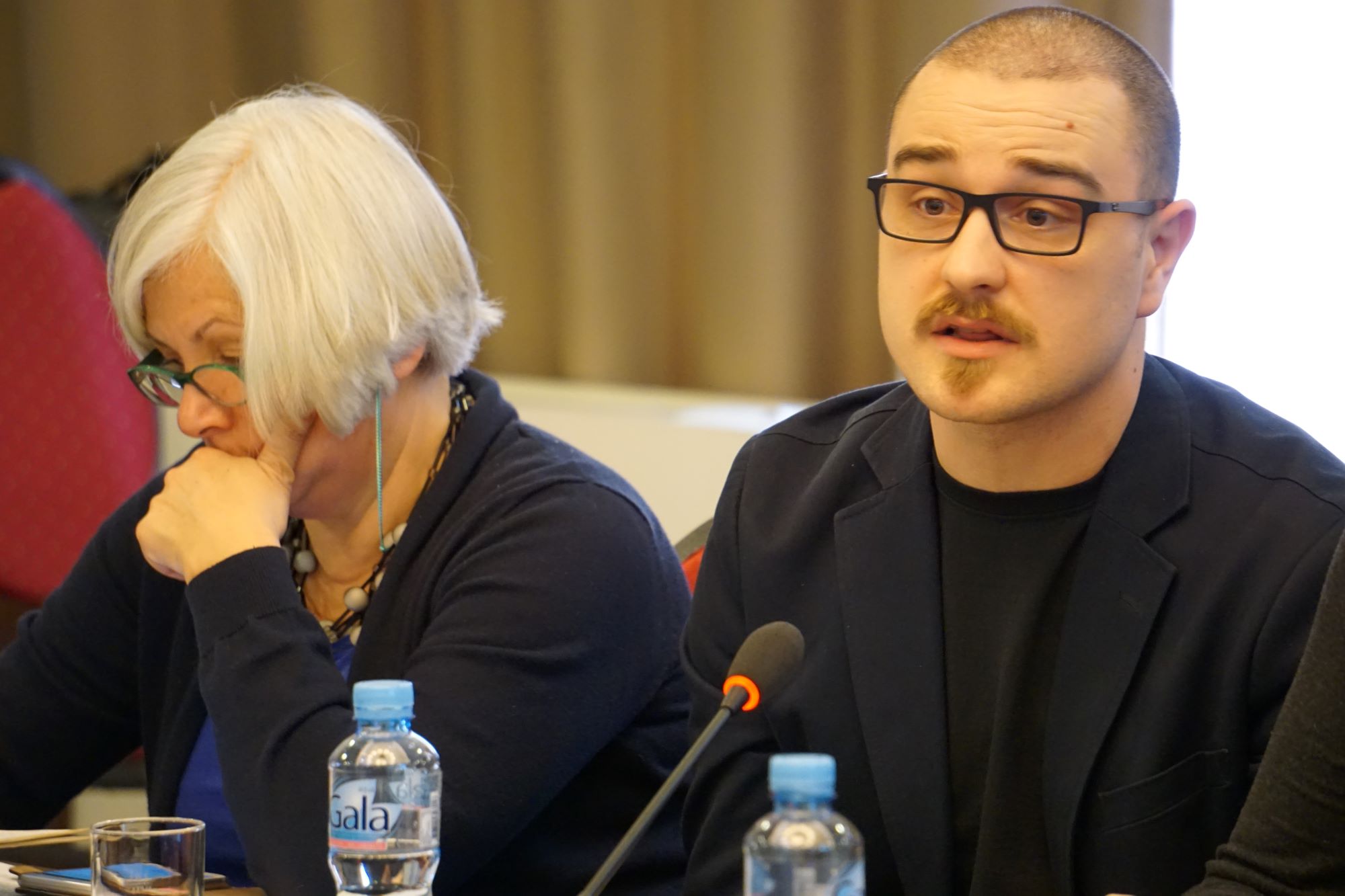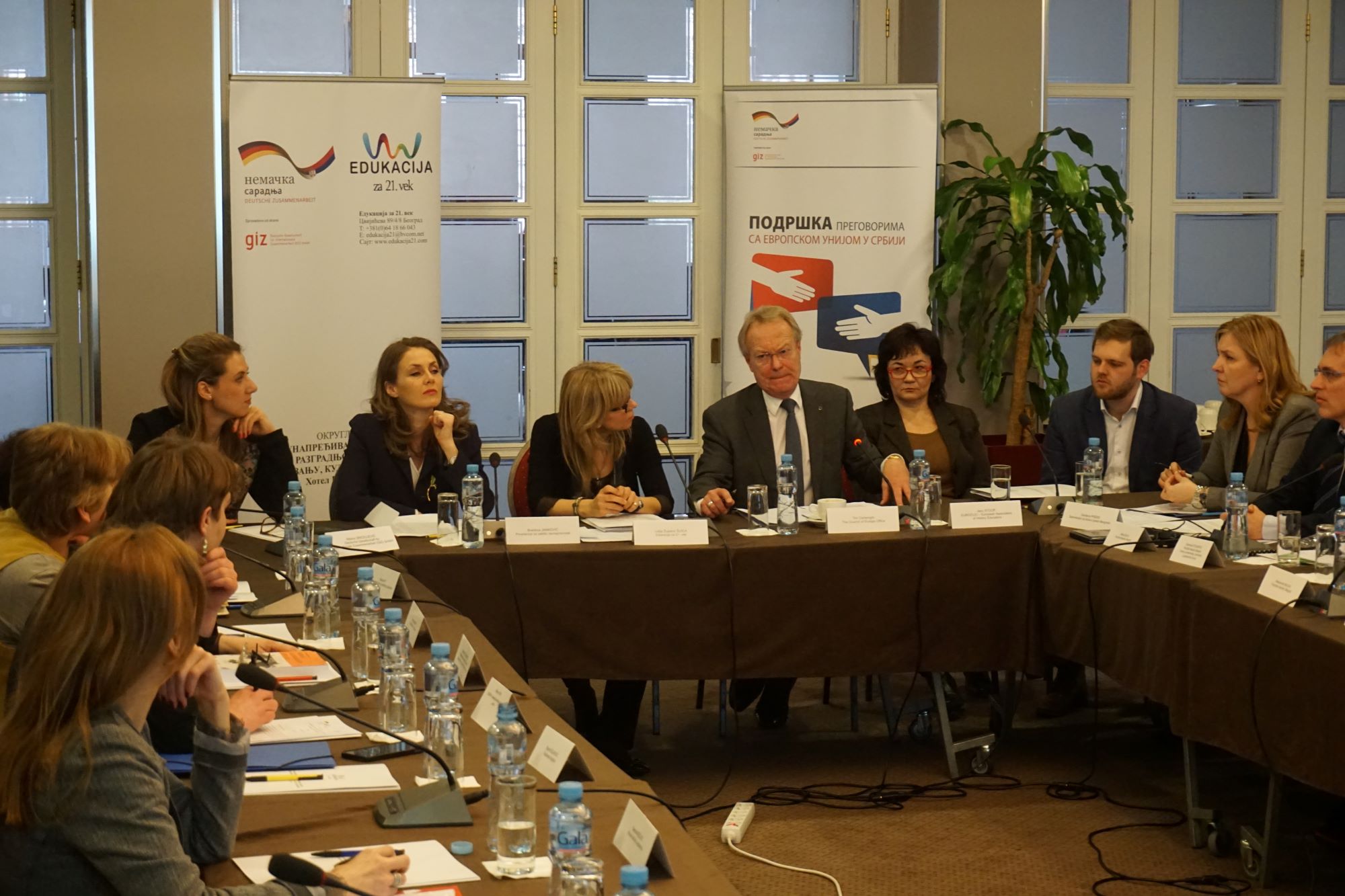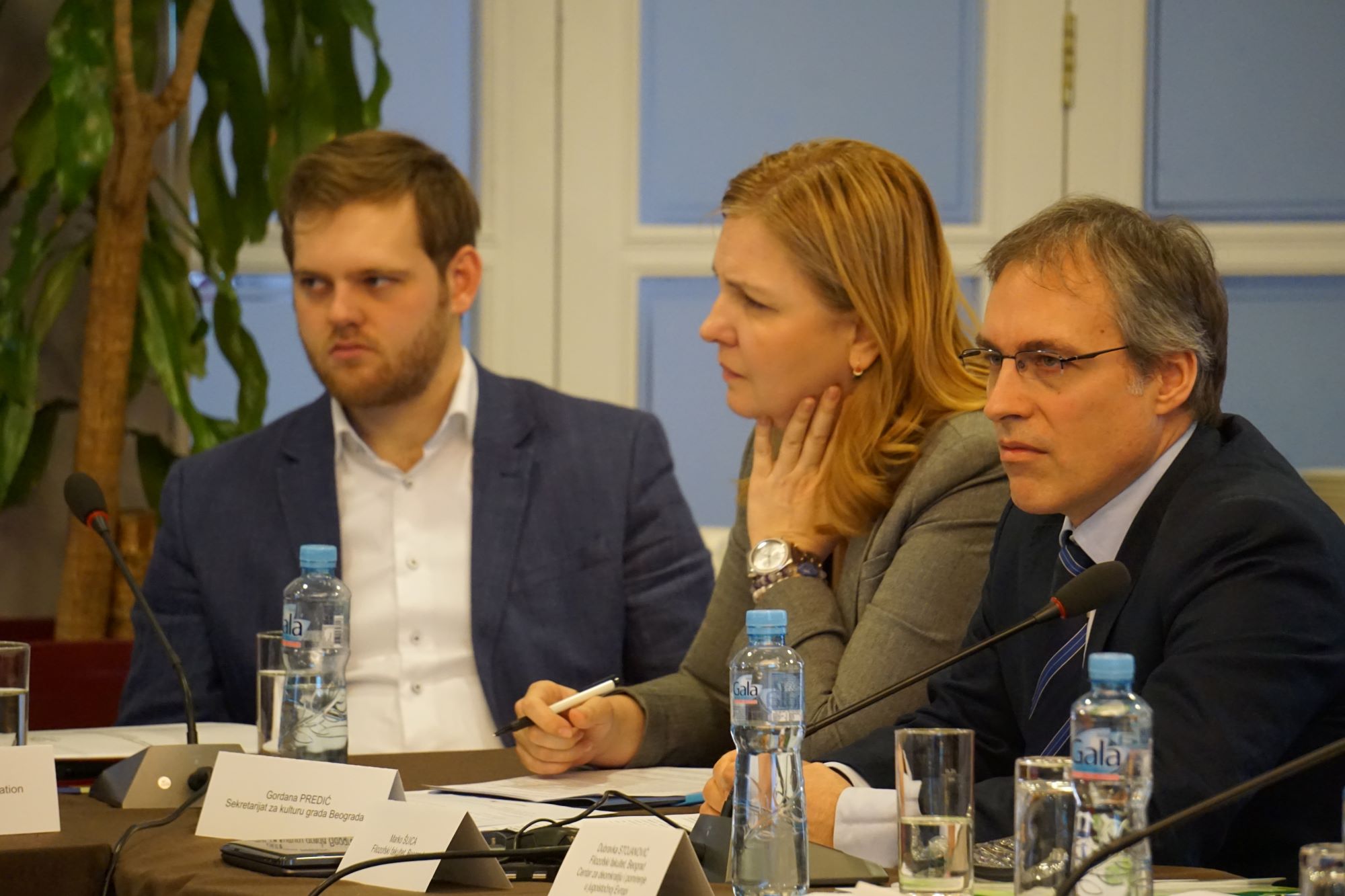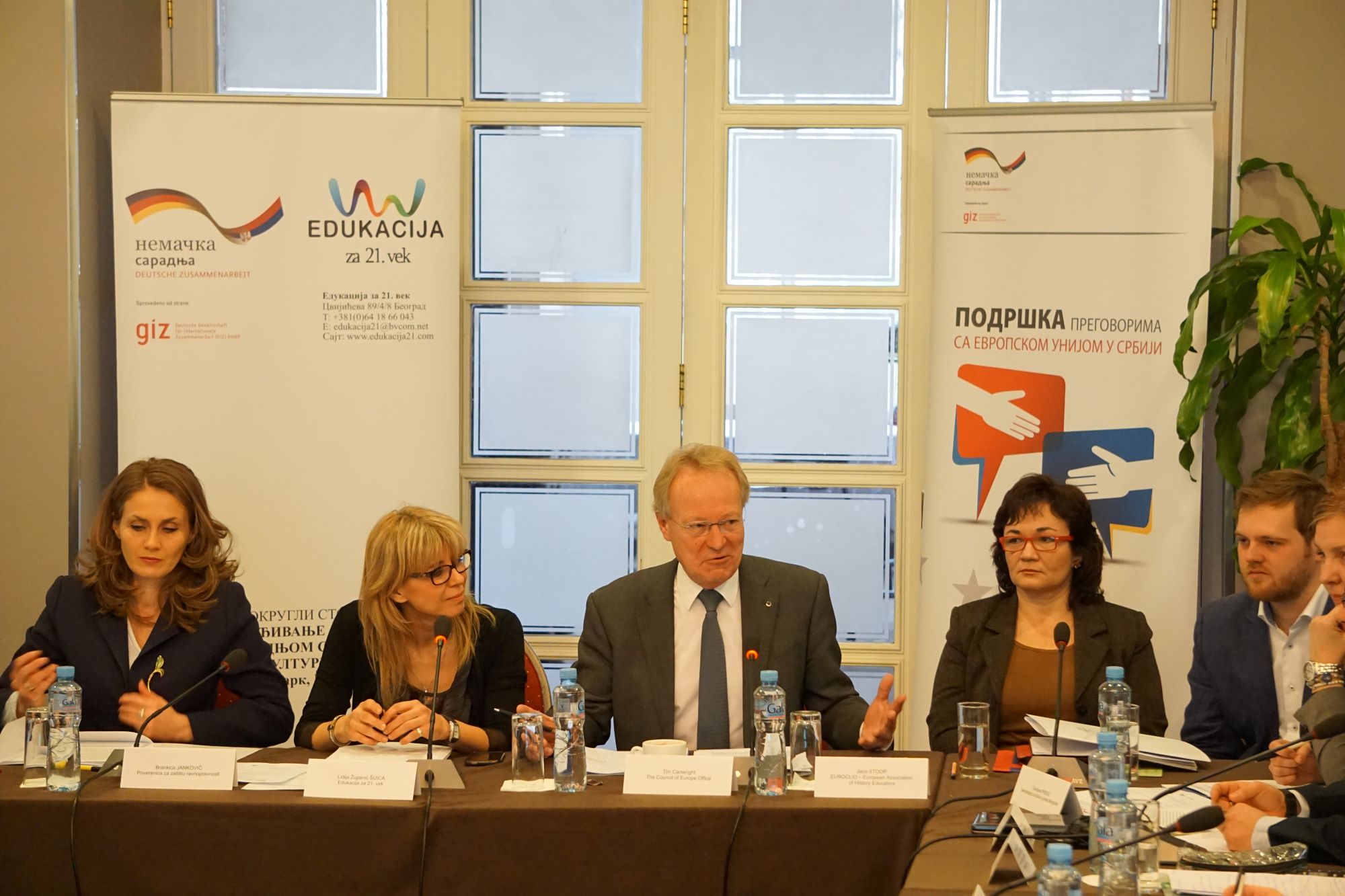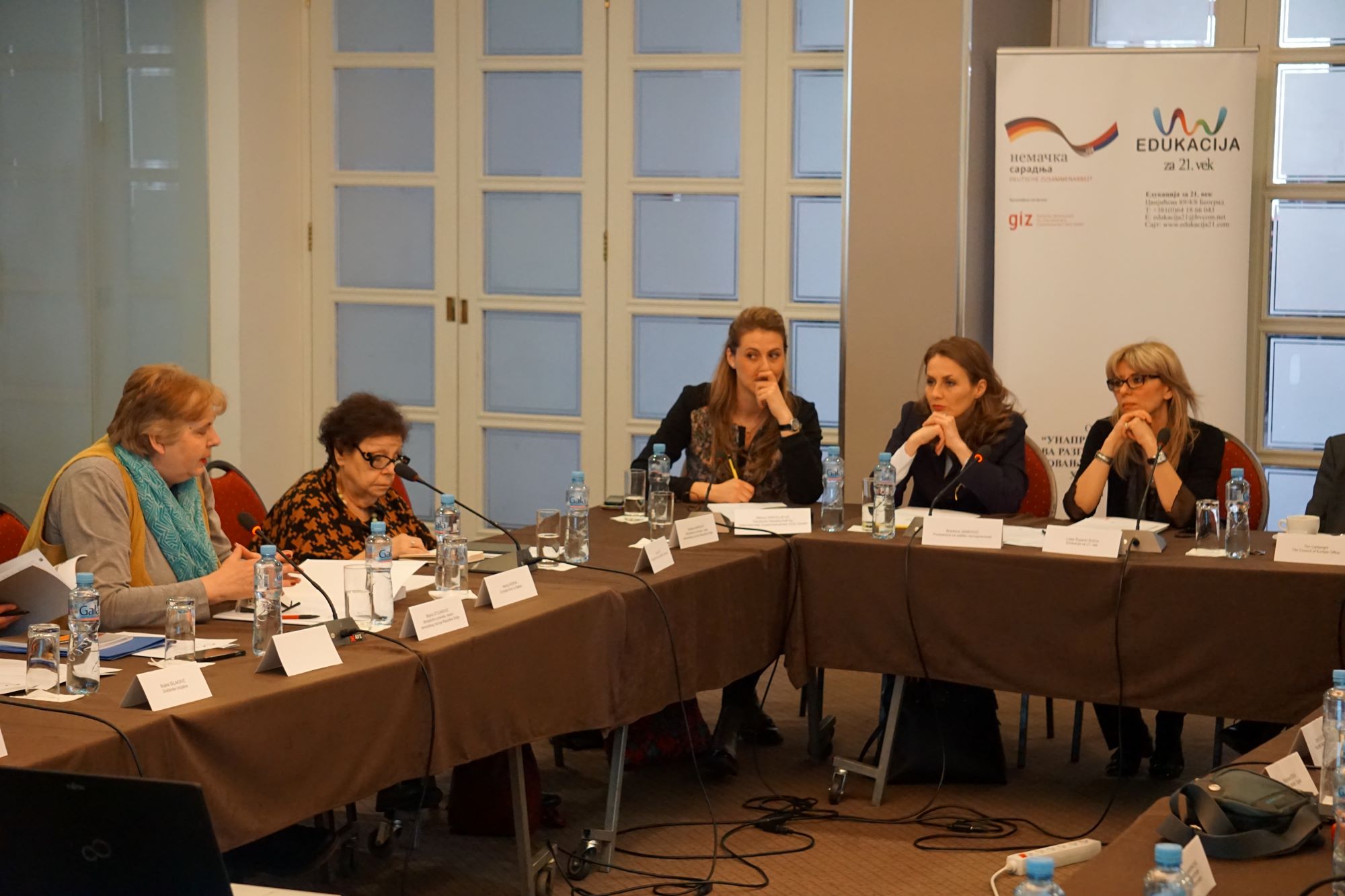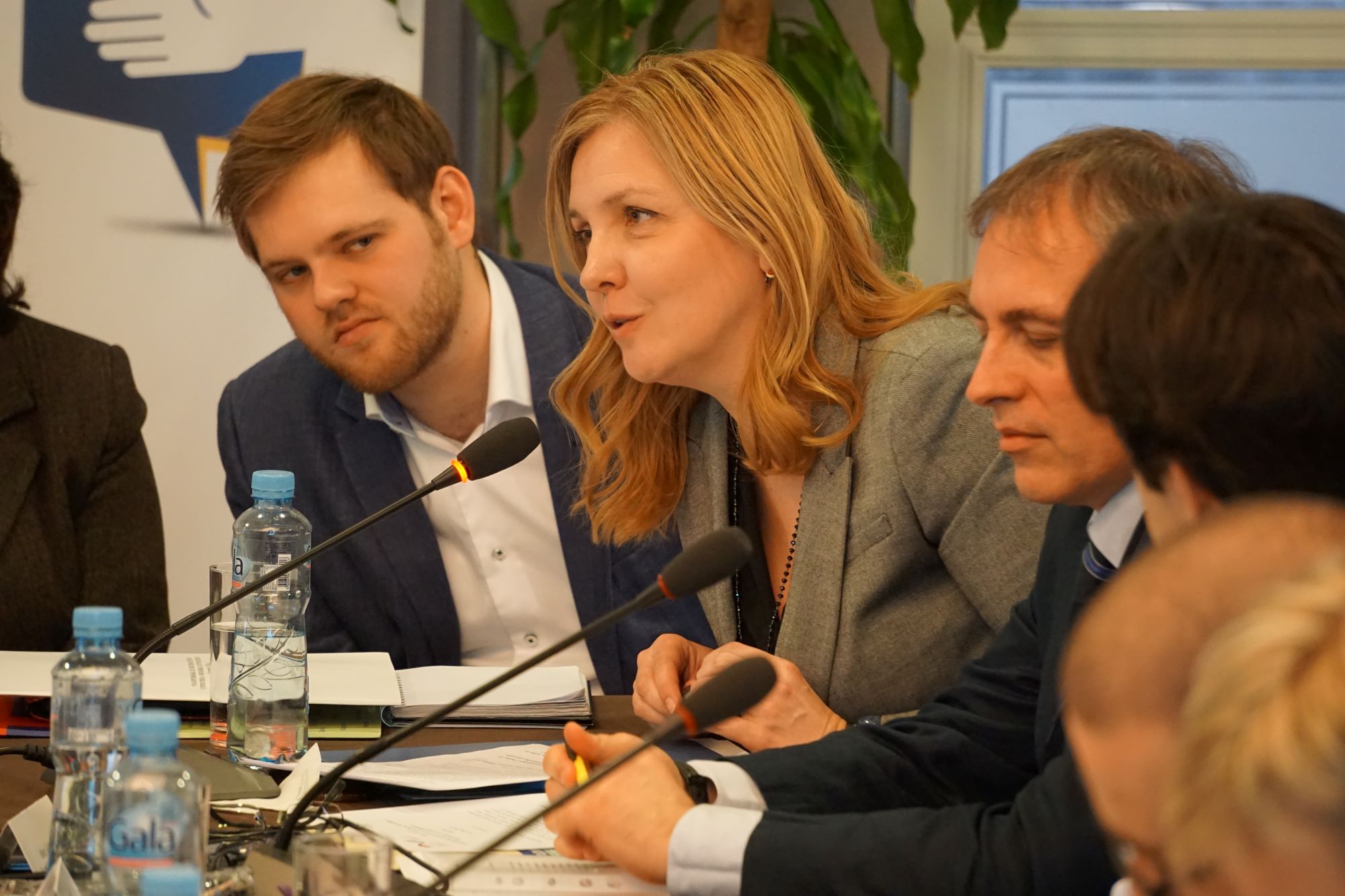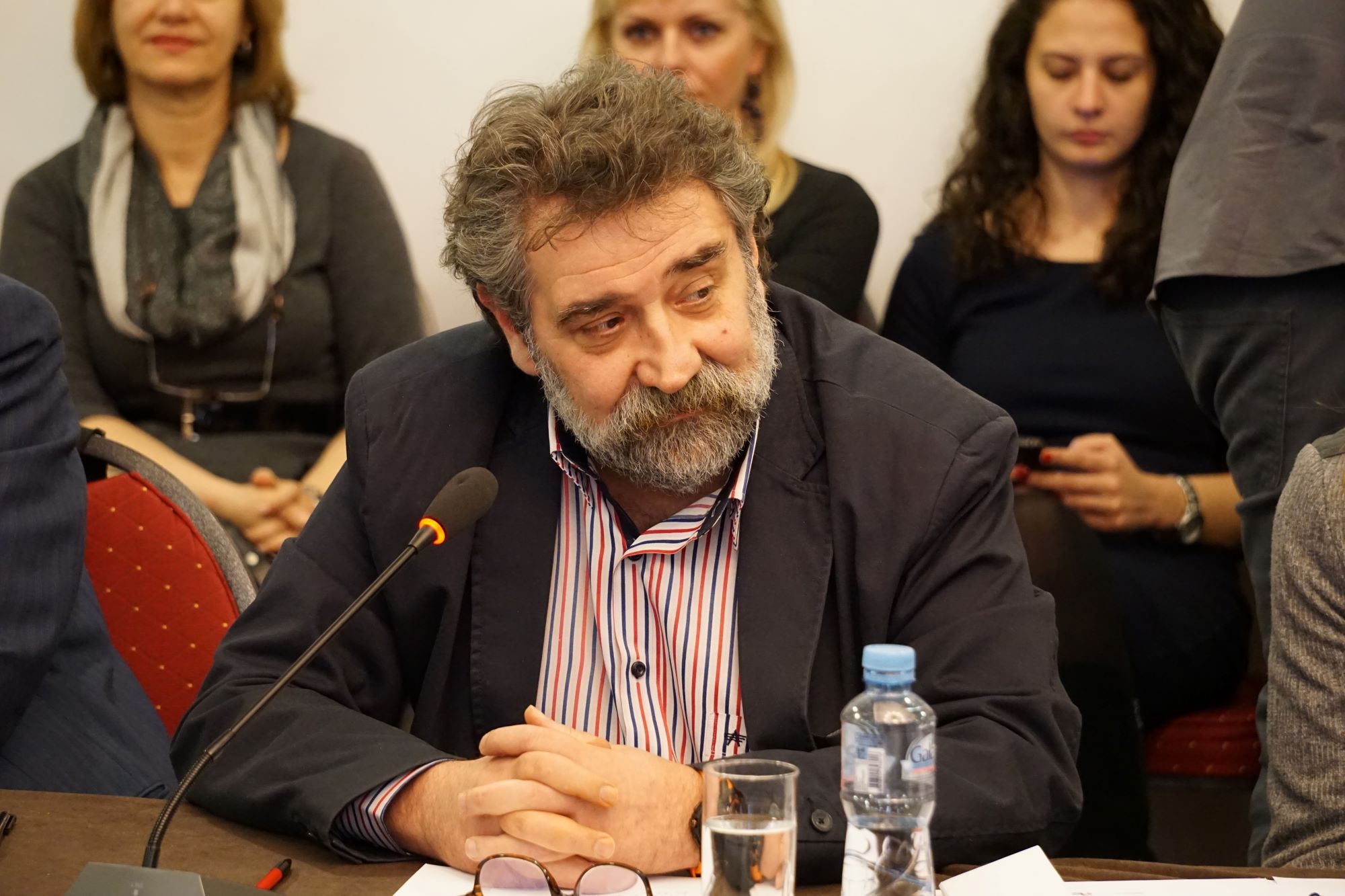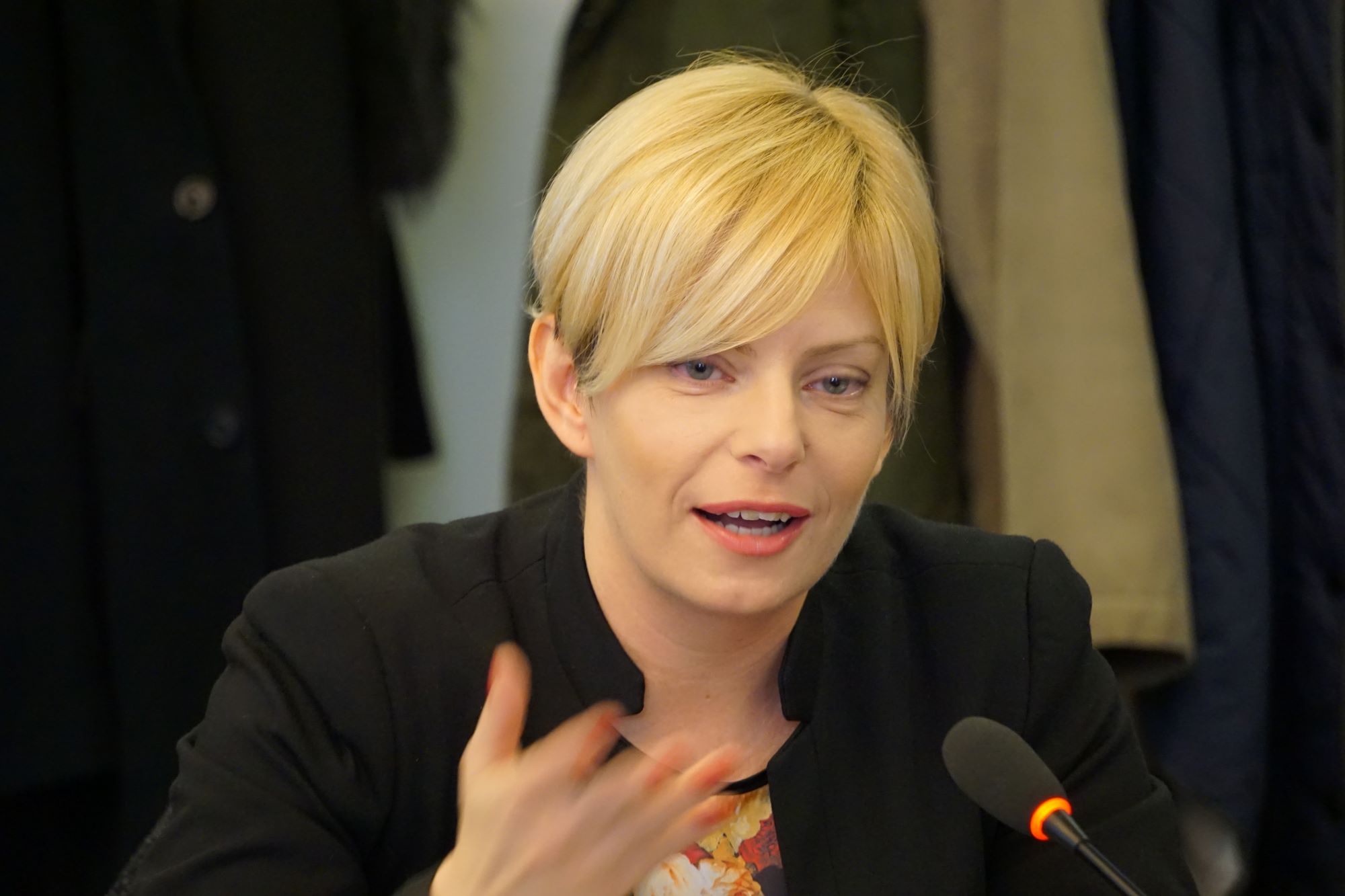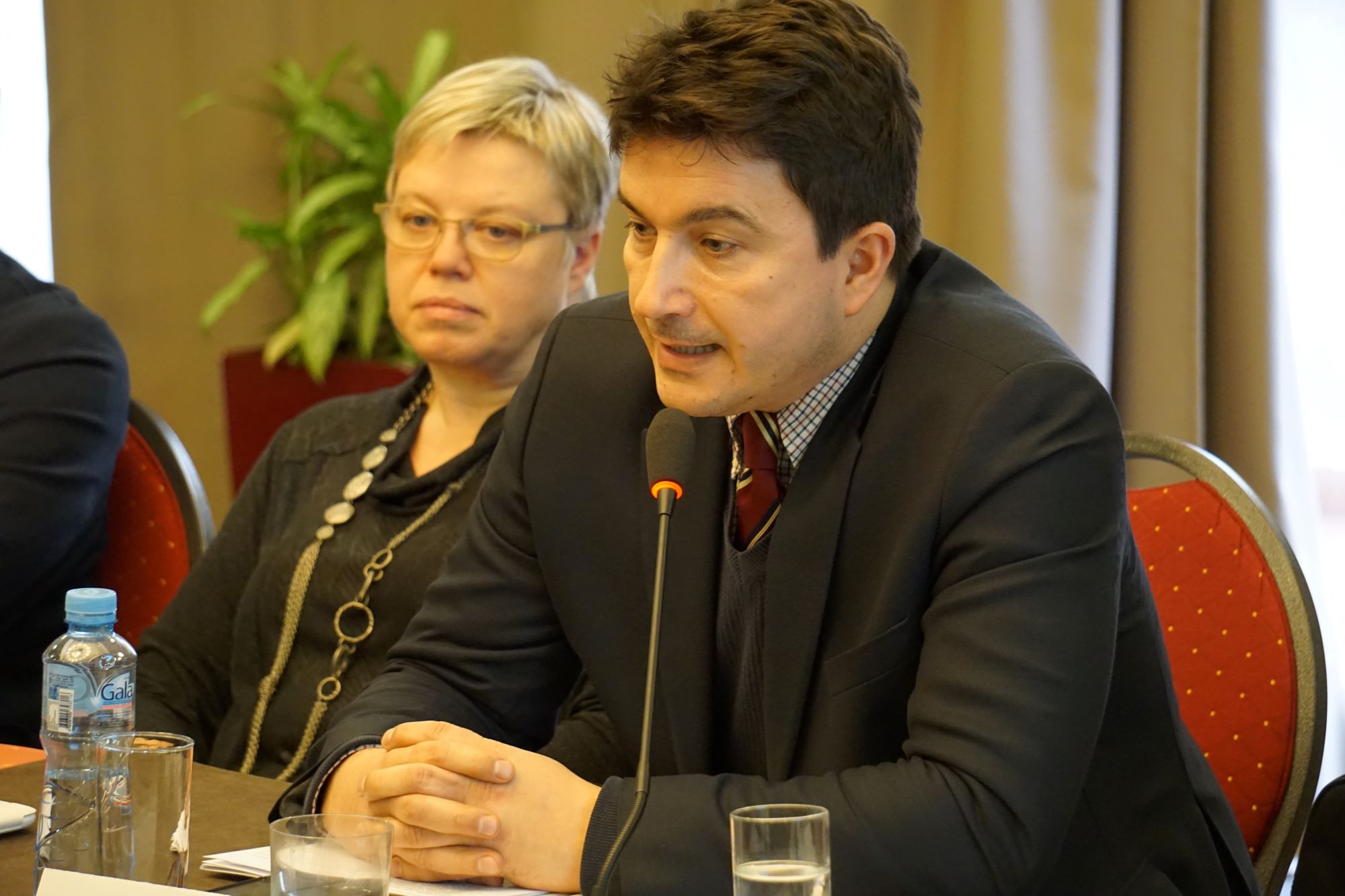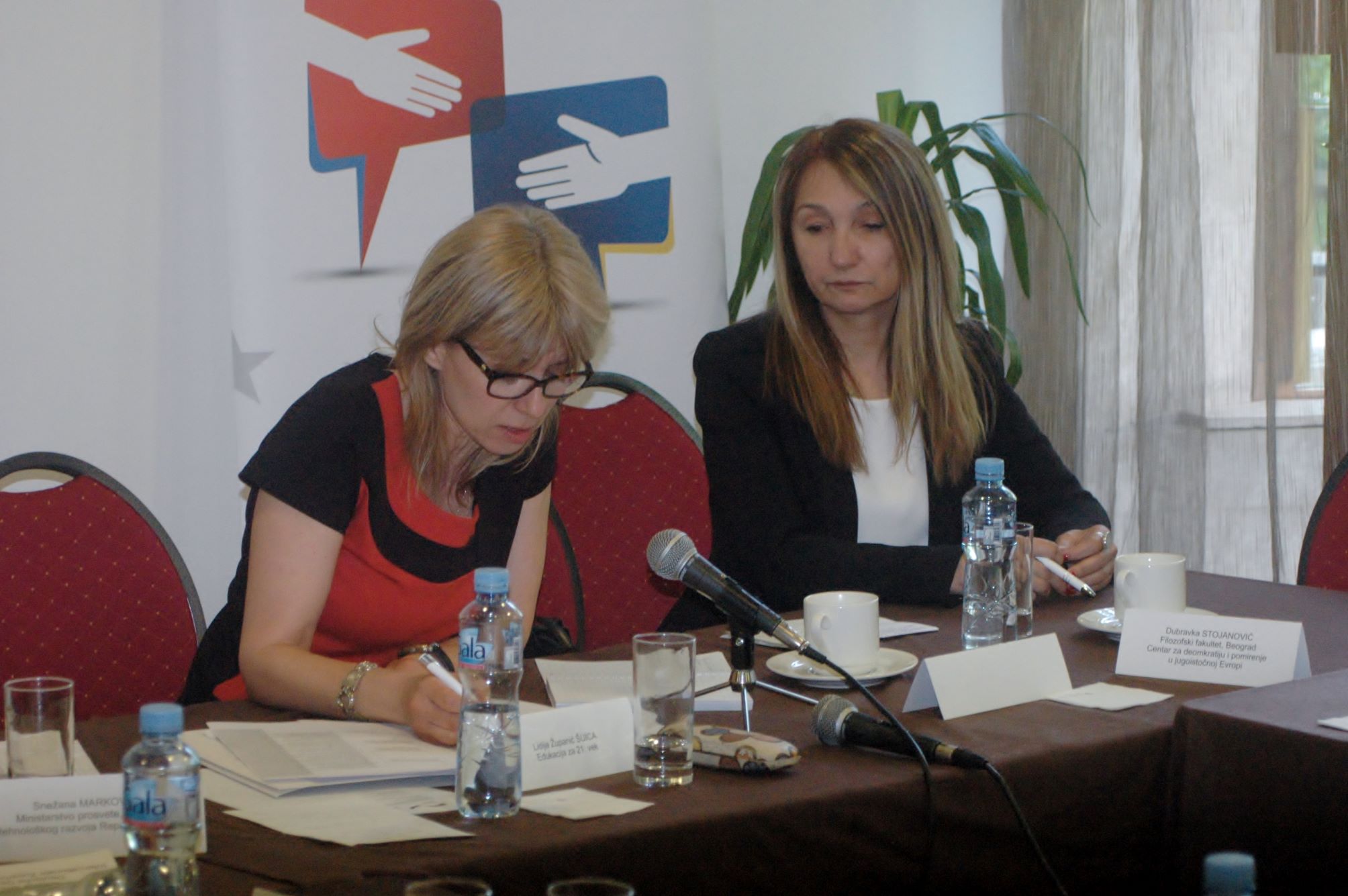The project "Improving Human Rights through the Deconstruction of Stereotypes in Education, Culture, and Media" was implemented from January 20 to May 31, 2016.
The preparatory activities included gathering relevant information about the current situation in education, culture, and media through the lens of various societal stereotypes and creating a methodology for future activities, as well as defining potential approaches to the identified problem. The first roundtable was held on February 29, 2016, initiating a public discussion on potential solutions to the issues arising from harmful stereotypes.

The event brought together representatives from various relevant institutions and organizations in Serbia and the region, including representatives from the Council of Europe Office in Belgrade, the OSCE Mission to Serbia, and the Euroclio association from The Hague. The challenges identified by the debate as resulting from stereotypes were generally recognized as regional and global phenomena. It was noted that, in order to address their harmful effects, a set of clear guidelines needed to be adopted and concrete activities implemented in numerous areas of social life. Based on the previously established plan, as well as the results of the discussions and suggestions from the first roundtable, a selected group of experts worked on drafting recommendations aimed at various institutions, organizations, and associations from March to mid-May 2016.
The draft recommendations were presented at the second roundtable, held on May 5, 2016. Participants of the roundtable provided their suggestions and comments, which were largely incorporated into the recommendations, thereby contributing to their final form and quality. The project concluded with the creation of the document "Recommendations for the Improvement of Human Rights."
Taking into account the long-term and general goals, a set of recommendations was created as a tool to be supported by relevant government institutions, professional associations, parts of the academic and cultural community, media, and civil society in their actions, either individually or under a joint platform. This would affirm the principles of a civic and democratic society based on respect for human rights and open up space for other projects and activities in the area of broader social inclusion, regional cross-border cooperation, and contributing to peace-building efforts in the region. Twelve general recommendations were formulated for different areas and further elaborated into more specific recommendations. The general recommendations are prioritized as follows: Recommendations 1 to 4 address issues in education, Recommendations 5 and 6 pertain to cultural institutions, Recommendations 7 and 8 concern the media, while the last four recommendations span all social actors and simultaneously encourage civil organizations to act as intermediaries between institutions and civil society.
The main beneficiary is society as a whole, especially young people and all those working in the educational system. The most important stakeholders are relevant state institutions, professional associations, teachers in both formal and non-formal education, civil society organizations, and prominent public figures. The recommendations aim to strengthen existing capacities for inclusion, improve tolerance and human rights in Serbia, and open new avenues for the actions of government institutions, the media environment, and civil society.

